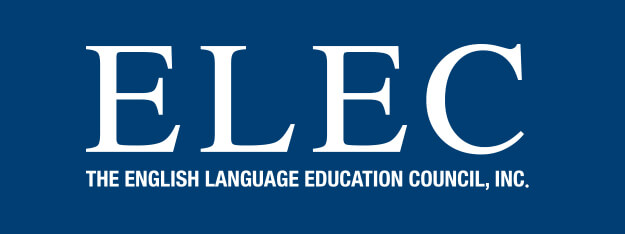
文化的多様性を大切にするー言語教育におけるその重要性ー(3/3)
Tokyo Global Gateway (TGG)での幅広い活動を経験しているTony先生。言語教育における文化的多様性の重要性についてどのような考えをもつようになったのでしょうか。(1)、(2)から続く。
Embracing Cultural Diversity, by Tony Gibson (3/3)
In addition to experiential learning, educators can integrate intercultural communicative competence (ICC) into their curriculum. ICC focuses on honing learners’ ability to navigate intercultural interactions effectively, emphasizing traits such as empathy, open-mindedness, and adaptability. Through activities such as role-plays, simulations, and cross-cultural dialogues, instructors can create authentic learning opportunities that prompt learners to reflect on their own cultural biases and develop effective communication strategies across cultural boundaries.
Furthermore, fostering a culturally inclusive classroom atmosphere is essential in nurturing cultural competence among learners. Language instructors should establish a safe and respectful environment where diverse viewpoints are embraced and appreciated. Encouraging learners to share their cultural experiences, traditions, and customs not only enriches the learning environment but also fosters mutual understanding and respect among peers.
In conclusion, I have learned through my experience at Tokyo Global Gateway that cultural competence is indispensable in effective language instruction, facilitating meaningful communication, and nurturing empathy and understanding across cultural divides. By employing strategies such as integrating authentic materials, promoting experiential learning, developing ICC, and fostering a culturally inclusive classroom environment, language educators can empower learners to become culturally adept global citizens capable of navigating the complexities of our multicultural world. As educators, it is our duty to equip learners not only with linguistic skills but also with the cultural sensitivity and awareness essential for successful intercultural communication.
(3) 異文化コミュニケーション能力の育成と教室環境
体験学習に加えて、教育者はカリキュラムに「異文化コミュニケーション能力 (ICC)」を取り入れることができます。ICC は、学習者が異文化間で効果的に交流するための能力を養うことに焦点を当てており、共感力、オープンマインド、適応力などの資質を重視しています。 教師は、ロールプレイングやシミュレーション、異文化間のダイアログなどの活動を通して、学習者が自らの文化的偏見を振り返り、文化の壁を越えた効果的なコミュニケーション戦略を身に付けられるよう、実践的な学習の場を提供することができます。
さらに、学習者の文化的な能力を育むためには、文化的に包括的な教室の雰囲気を作ることが重要です。教師は、多様な視点を受け入れ、尊重される安全で敬意ある環境を整えるべきです。学習者が自身の文化体験や伝統、習慣を共有することを促すことで、学習環境が豊かになるだけでなく、仲間同士の相互理解と尊重も育まれます。
結論として、東京グローバルゲートウェイでの経験を通じて、文化的な能力は効果的な語学指導において欠かせないものであり、異文化間での意味のあるコミュニケーションを促進し、共感や理解を育むことに貢献することを学びました。本物の教材の活用や体験学習の推進、異文化コミュニケーション能力(ICC)の向上、そして文化的に包括的な教室環境の醸成といった戦略を用いることで、語学教育者は、学習者が多文化社会でその複雑さを乗り越える力を持つ、文化的に優れたグローバル市民へと成長するのを支援できるでしょう。教育者として、私たちは学習者に言語スキルだけでなく、成功する異文化コミュニケーションに必要な文化的感受性と意識も身に付けさせる責任があるのです。
